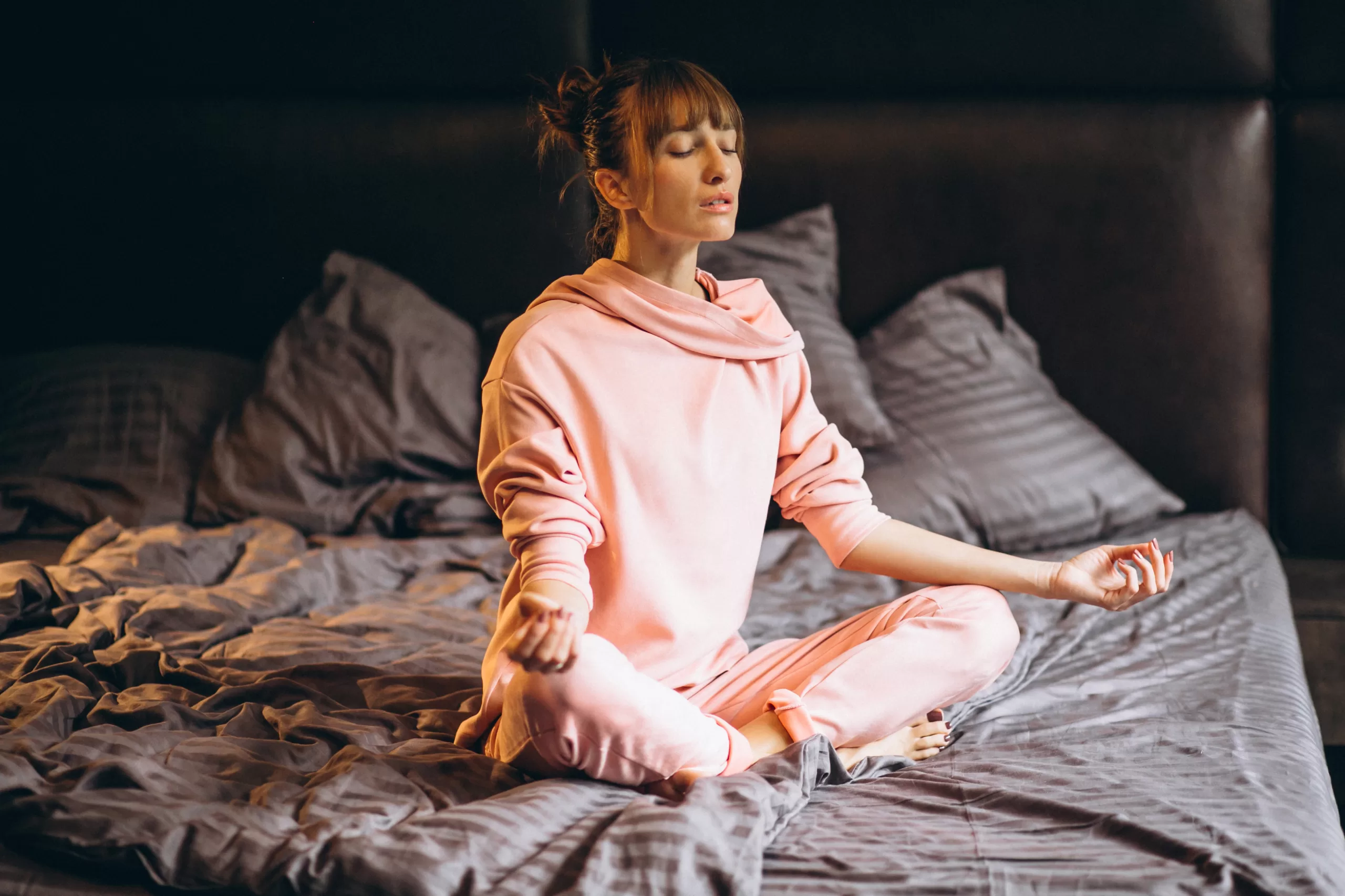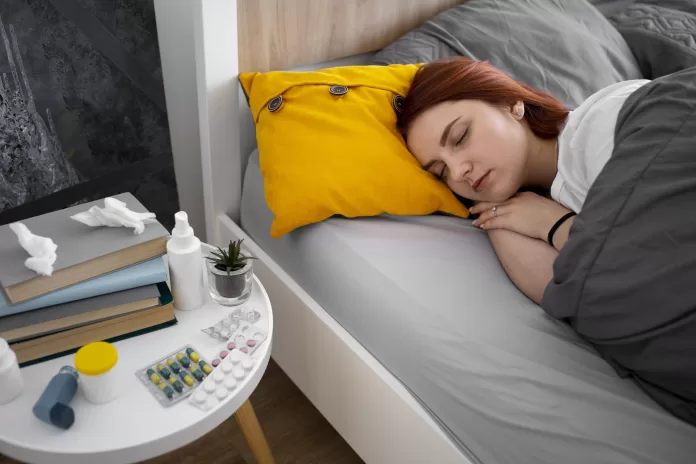Sleep and stress are closely connected, and when one is affected, the other often follows. Many people struggle to get enough sleep due to daily responsibilities, work pressure, and lifestyle habits. Similarly, chronic stress can make it harder for the mind to rest, leading to sleep deprivation. Fortunately, there are natural ways to improve sleep and reduce stress without relying on medications. By adopting a healthy lifestyle and practicing effective relaxation techniques, you can support your mind and body in finding calm and balance.
One of the most effective natural stress relief methods is maintaining a consistent sleep schedule. Going to bed and waking up at the same time every day helps regulate your internal body clock. This encourages better sleep and reduces the chances of waking up tired. Try to avoid long daytime naps and limit screen time before bedtime, as the blue light from screens disrupts melatonin production, the hormone responsible for sleep.
What you eat and drink also plays an important role in sleep. Caffeine, when consumed late in the day, can interfere with your ability to fall asleep. Instead, choose calming herbal teas such as chamomile, peppermint, or lavender in the evening. Eating a heavy meal right before bedtime can cause discomfort and disrupt sleep. A light dinner with a balance of protein, fiber, and healthy fats can help maintain stable blood sugar levels overnight.
Physical activity is another natural approach to improve sleep quality and reduce stress. Regular exercise, such as walking, yoga, or light stretching, helps release endorphins, which promote relaxation. However, intense workouts close to bedtime may increase alertness, so it’s best to exercise earlier in the day. Yoga, deep breathing exercises, and gentle stretching are especially helpful, as they calm both the mind and body.
Mindfulness and meditation can also be powerful tools for stress reduction. Taking just 10 to 15 minutes daily to meditate can lower cortisol levels, the stress hormone. Guided meditation, prayer, journaling, or simply sitting quietly while focusing on your breath can help bring your mind into the present moment and reduce worrying thoughts.
Also read, Simple Ways to Reduce Inflammation.
Creating a peaceful sleep environment is equally important. Keep your bedroom cool, dark, and quiet. Choose comfortable bedding and minimize clutter, as a messy room can make the mind feel restless. Aromatherapy with essential oils like lavender, sandalwood, and chamomile can also promote relaxation. Try diffusing these oils or applying a small amount on your pillow for a calming effect.

Limiting stimulants such as late-night work, emotional conversations, or noisy entertainment is also essential for restful sleep. Your mind needs time to unwind before sleep. Establish a bedtime routine that signals your brain it’s time to rest. This could include reading a book, taking a warm bath, or listening to soft music.
Finally, remember that emotional well-being plays a significant role in stress and sleep health. Talking to a friend, spending time with loved ones, or seeking counseling when needed can help relieve emotional tension. Practicing gratitude before bed by writing down positive moments from the day can shift your focus away from stress and toward a peaceful mindset.
In conclusion, improving sleep and managing stress naturally is about making simple, consistent lifestyle changes. By focusing on relaxation techniques, balanced nutrition, physical activity, and a calming sleep environment, you support your body’s natural ability to relax and recharge. These practices can lead to long-term benefits, helping you feel more rested, energized, and emotionally balanced each day. Embracing a healthy lifestyle and choosing natural stress relief methods can significantly improve sleep quality and support overall well-being effectively and naturally every day.

